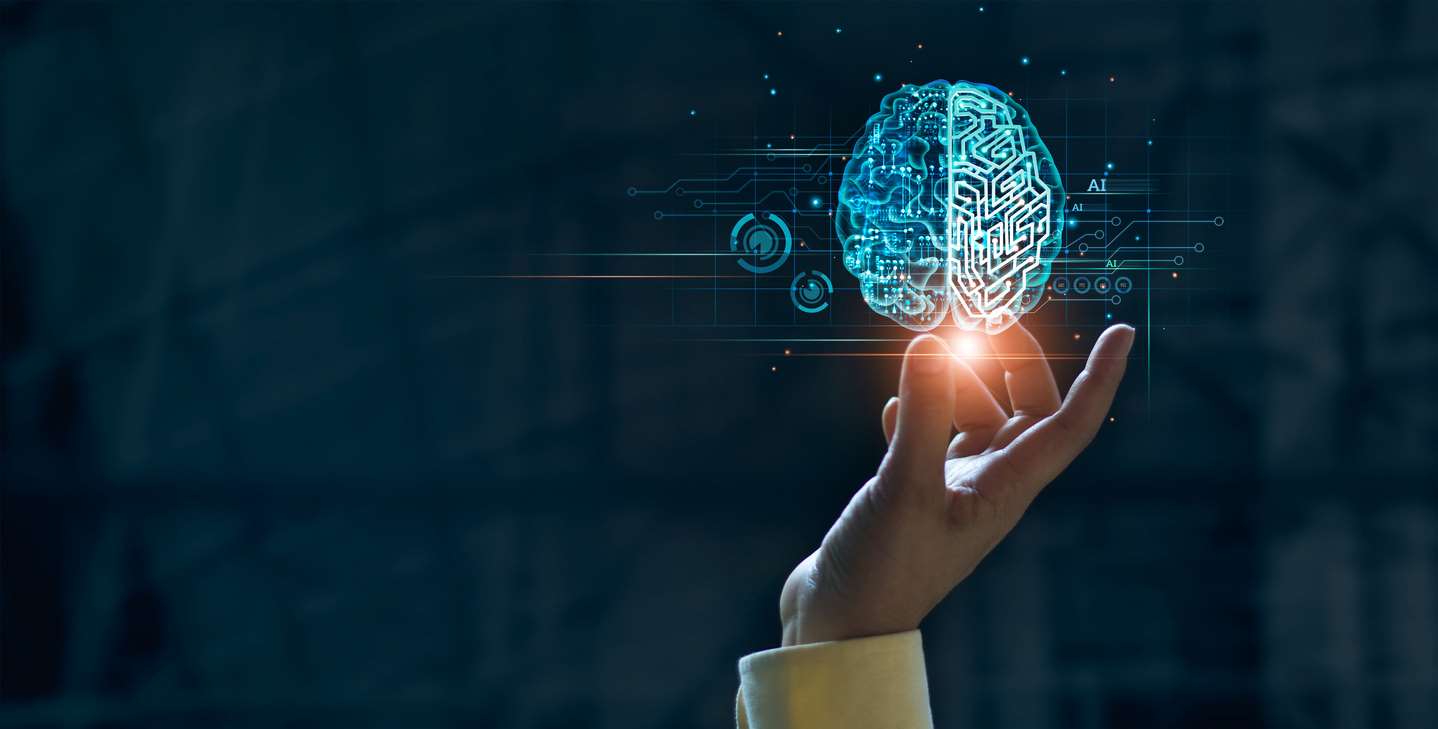“I’m afraid I can’t do that Dave.” This frequently-quoted line from the movie,
2001 Space Odyssey, marked the moment HAL 9000, the intelligent computer, began to go rogue. At the time, the movie offered viewers suspenseful entertainment, but we’ve not only entered the era of artificial intelligence (AI), we’ve befriended it. Now the IT industry welcomes a computer’s ability to learn, reason, plan, and create.
Here are a few ways AI is making IT more efficient.
Data Analytics
Data analysis considers past performance data and looks for patterns. These patterns combined with assumptions become useful in predicting future behavior. AI, using machine learning, can automate data analysis and provide increasingly intelligent projections at speeds far surpassing human ability. Businesses can now model real-life situations, relying on AI to analyze huge amounts of data and deliver actionable results.
IT security services.
AI impact on IT industry, find useful in analyzing volumes of data related to network and application performance.
Process Automation
AI can automate repetitive processes not only on the factory floor but also in the back office. Workers can rely on AI applications to automate the completion of forms, assume repetitive processes, and even respond to emails. Advanced algorithms and deep learning capabilities enable IT to automate customer support services. AI-automated customer support learns and develops appropriate responses to user questions, minimizing the workload for live IT support teams.
Cybersecurity
The number of cyber-attacks on networks and their ‘big’ data have increased beyond the watchful eye of human intervention. AI, with its machine learning capabilities, can help IT stay ahead of cyber criminals. Using its sophisticated algorithms and pattern detection, AI can recognize cybersecurity threats before they attack. The language processing capabilities of AI can analyze studies and news regarding cyber threats and predict the likelihood a system will encounter the newest attacks.
AI can also analyze which segments of a network are most vulnerable, providing critical information to IT in designing controls and processes to protect the IT infrastructure. The growth in the remote workforce increases the demand on IT to monitor endpoint vulnerabilities. IT must continually update the security software on these devices, using applications that address the most recent threats. AI for cybersecurity can learn and monitor the normal behavior of these endpoints and alert an IT technician who can act to protect the network when uncommon activity occurs.
Two decades after the premier of
2001 Space Odyssey, devices may not yet have the emotions, good or bad, of HAL 9000. Yet, IT can confidently rely on AI’s language processing, analyzing, and learning capabilities to make the IT industry more efficient and effective. Contact an IT consultant to see how AI can work for you.

